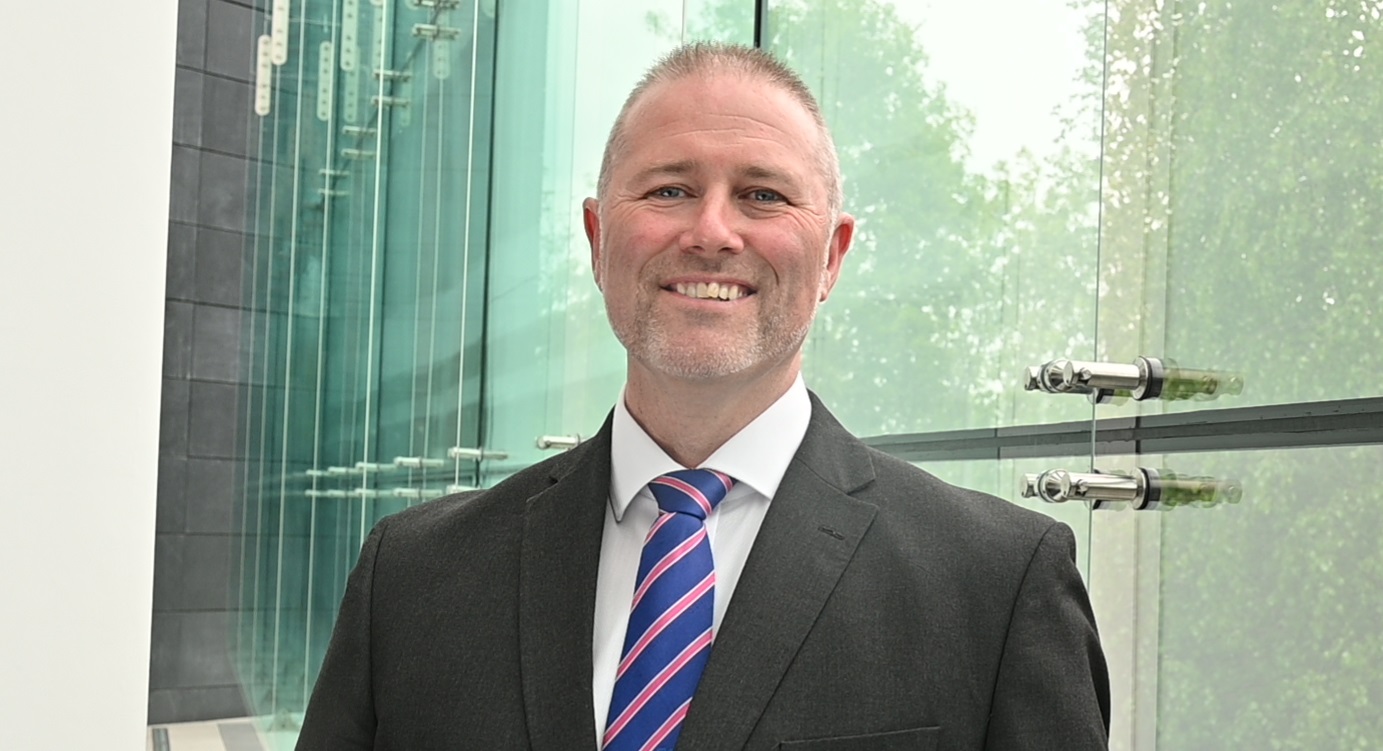Since day one of becoming the National Chair, I have always felt one of the best ways to bring about change for our members on the ground is to get out there, chat to officers and Fed reps, and learn more about the challenges they are facing.
Pinpointing if an issue raised is a shared one amongst colleagues from other forces is a powerful tool, because once the pieces of the jigsaw fit together and it becomes clear it is a national issue, we can push for change at a national level through key stakeholders in our meetings with the Home Office, MPs, the National Police Chiefs’ Council and the College of Policing.
So far, I have visited nearly every region and I am planning on dropping into other forces this year. I have valued my time spent in forces and being able to speak face to face with colleagues as well as being in the same room as chief constables, police and crime commissioners has been incredibly useful as it has provided me with the opportunity to gain their perspective on matters.
On my recent Region 2 visit in November, National Board members Kev Wilson and Richie Murray very kindly escorted me around the seven forces areas over a four-day visit and arranged the events with the branch chairs, secretaries, treasurers, conduct and performance liaison officers (CAPLOs), equality liaison officers (ELOs), health and safety reps, workplace reps, members. I also visited Suffolk and Cheshire that month.
I manged to visit two forces a day, and many members took the opportunity to come and speak to me. I appreciate them taking time out of their day to meet me. Spending the whole afternoon talking to them, it gave them a chance to ask who I am, who we are as an organisation, what we are doing and where we are going. Most importantly, it gave them a platform to tell me about the issues and concerns they are experiencing.
Many of these include the consequences of demand and not having enough officers, with colleagues being hurried from call to call and not being able to actually complete a call.
Issues with working time directive with excessive hours being handed out is also a direct consequence.
As there are not enough officers available to do the work required, what we are seeing is officers working more overtime, but the hours are excessive. This is a big cause for concern and worrying as members are becoming physically, emotionally and mentally exhausted as they experience burnout.
We fully appreciate many members rely on overtime but there must be a balance, and, ultimately, forces have a responsibility to ensure you’re not working excessive hours.
Each federation branch board have reps who are fully trained in the relevant health and safety legislation and police regulations, who are continuing to raise these issues with chief constables, outlining they have to stick to the law. Guidance has also been provided to forces and branch boards on designing variable shift arrangements and the introduction of new shift patterns.
Any shift pattern should seek to balance operational demands to ensure there are sufficient numbers of officers on duty to respond effectively and to best meet the health and safety requirements of those expected to work it.
Duty rosters should meet the legal requirements set out in police regs and the Working Time Regulations and changes to the duty roster should be kept to a minimum. There should be regular monitoring of any changes. If you see the regs not being met, please raise this immediately with your local federation.
From my visits I have also learned there is a 70 per cent to 80 per cent ratio of student officers under three years of service on front line teams, and this is a similar picture nationally. Ultimately, the resolution lies with forces being able to retain officers. However, the erosion of pay and conditions and feeling unappreciated by the Government, combined with high demand, is a perfect concoction leading to low morale and poor mental health and wellbeing, pushing officers to the edge until they can’t handle it anymore and hand in their resignation.
I have a meeting with the Home Office on January 31 as I sit on its National Policing Board which includes the National Police Chiefs’ Council and a meeting with the Home Secretary in Early February where I hope to raise these issues as part of ongoing discussions.
I am open for an honest chat if you see me when I’m out and about, to debunk any misconceptions, bringing to the fore what we are doing actively on members’ behalf behind the scenes, and I want to reassure members we are looking at our current practices , as a Board and National Council, and processes to make sure they are good enough not to make the same mistakes as before.
I would like to invite you all to come and speak with me when I do future visits – your branch will give you advance notice on this.
Without your voices, it wouldn’t be possible to be the undisputed voice of policing.














